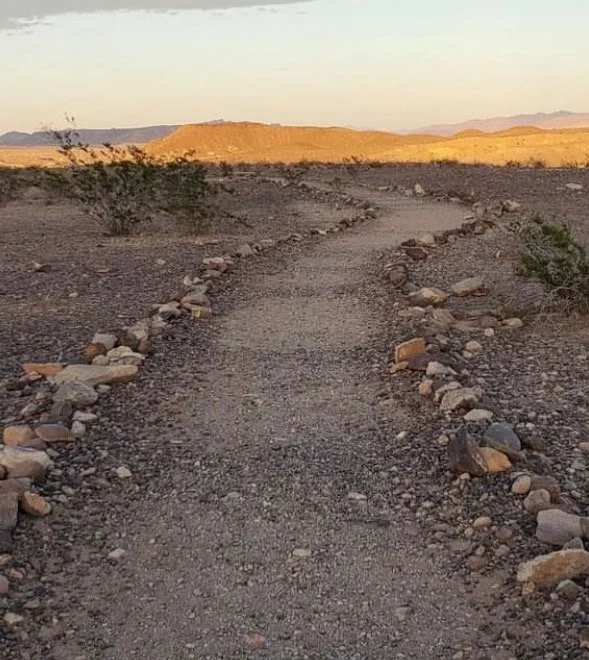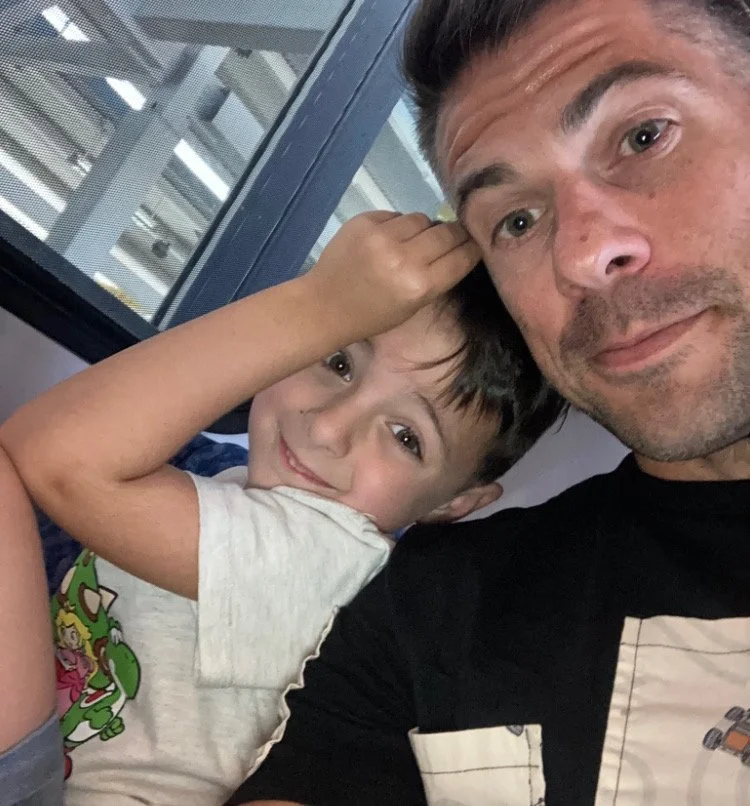Chat with Pro Triathlete - Nick Granet
Nick is a first year pro triathlete and future triathlon coach, and he is awesome. Learn more about him here.
Name : Nicholas Granet
Hometown: Cannes, France
Current City: Henderson, Nevada
Race Divison : PRO
Tell us about you.
I was born in Cannes, France in October of 1993. I have lived in Argentina and Venezuela and currently reside in Henderson, Nevada. I'm currently a student at the University of Las Vegas Nevada, majoring in business. Growing up I was into BMX and I would ride around with my best friend everyday after school. In high school I joined the swim team as a beginner and quickly fell in love with the sport. 4 years later I was competitive enough to swim in college. unfortunately, college swimming was not the right fit for me. Luckily I found triathlon. I earned my pro card at the end of 2015, under the French Federation. Soon after I was lucky enough to join the QT2 pro team.
Equipment:
I ride a Trek Speed Concept 7.5. Race wheels borrowed by my incredibly supportive bike shop, Bike Shop LV. Helmet provided by RUDY Project. Custom QT2 Wattie Ink race suit. Smith sunnies, Pearl Izumi Octane bike shoes. Hoka One One running shoes for both training and racing (I prefer the clayton for racing, and clifton for training.) Full arsenal of Base Performance, Klean Athlete, PowerBar products for nutrition.
Fueling Choice:
Three hours before my race, I usually eat a bagel, two cups of apple sauce, a banana, and a bottle of Base Hydro. On my way to the event I'll sip on some more Base Hydro to keep the fluids up. 20 minutes before the swim I'll take a gel.
Once I'm on the bike I'll take my PowerGels every 30-40 minutes and drink a whole bottle or more of Base Hydro every hour. On the run, it's all about keeping the caffeine up and taking in those liquid calories. Every aid station I make sure to drink two full cups of Gatorade Endurance and add any Coke or Red Bull if needed. I'll still be taking in one gel every 30-40 minutes as well. As you can see all of my calories are liquid form and I don't drink any water during the race. Water will sit in your stomach and not be absorbed in your gut as efficiently during the intensity of racing. What you get is that slushy feeling in your stomach as it just collects. The reason I can handle so many calories during my races is because I practice the same fueling whenever I train.
How did you get involved with endurance sports? What got you hooked?
My mom was the one who introduced me to Triathlon. During my senior year of high school she pushed me to race in the BBSC Pumpkin man Triathlon. I did awesome on the swim, okay on the bike, died on the run. It was a humbling experience to push my body through pain I've never felt before. The intensity and challenge of the race is what got me hooked.
What is it about Endurance Sport that you love so much?
There are many things about endurance sports that I love. The freedom of training, being able to ride/run around, constantly exploring. The locations of races all around the world. The community itself that is filled with amazing people. Most of my good friends are people that I've met through training and racing. My favorite part about the sport, is that I'm constantly learning. I've learned a lot through trial and error when self coaching, but it doesn't compare to how much knowledge I learned with Paul Duncan from Qt2 Systems as my coach. Athlete/Coach relationship is important and I trust Paul 100% with my training. No matter what the question or problem, Paul seems to have the answer. For that I am extremely thankful.
What is your favorite race? Tell us about it, why?
My Favorite race is Ironman 70.3 St. George. It was my first 70.3 race as an amateur and I made sure to come back to it this year for my pro debut. the scenery is unbeatable, you can't find a place like it anywhere else. During your race you'll encounter sand dunes, pine forests, red hills, and green pastures. The race is home to the North American Pro Championships, so the field is filled with world champions and Ironman champions, thousands of spectators and amazing volunteers. My favorite part of the race is how humbling the course actually is. The swim is calm and fast, the bike is Rolling with a hilly climb through snow canyon to really put the hurt on your legs. After all that climbing you then have to run through the red hills of St. George. If the sun is out, the temps will easily reach 95 degrees. Although this year the race was hit by a storm and we had frigid wind and rain the entire time. It's understandable why people call this the toughest race on the North American 70.3 circuit.
What's the rest of your season's schedule look like?
I will be racing Miami 70.3 in October, and Arizona 140.6 in November. After that, I'll take some time off in preparation for the off season.
What is your full time job?
As of right now I am a Lifeguard for the City of Henderson and a part time student at UNLV. I am currently training under QT2 and Outrival Racing to become a certified triathlon coach. My passion for triathlon has grown immensely during my first pro year and I am eager to learn more of the sport through coaching.
Tell us about your training. Tell us about how you manage work/life/training balance:
Balancing School, Training, and Work can be very difficult. Making a schedule of it all is the only way to keep things fun and not overwhelming. Paul and I work on creating a schedule that fits my needs for training and that doesn't interfere with school or work. I keep most of my classes online so that I have the flexibility to move things around and get my work done on time. My job is aware of my school work and training needs, so they give me flexibility as well. Training can be a lot to handle, my usual training week is anywhere from 15 to 25 hours a week. That includes three or more swims, five bike rides, and four runs with some strength training/ mobility work thrown in there. Every week is purposely orchestrated, there will be days where I'm exhausted or days where I'm doing better than expected. This is where the Athlete/Coach communication comes in play to make sure 1.) You don't get burnt out. 2.) we keep things fun. 3.) we're here to get better.. not injured.
If you could give one piece of advice to a newbie endurance athlete, what would it be?
Get a coach, and listen to your coach. Too many times I see people doing too much or going to the point of exhaustion at every workout. Giving 100% every time you train is quickest way to fall into a cycle of inconsistent training. Not only that, but you are also more likely to become injured. Getting better is a long term process and talent only gets you so far in the sport of triathlon. Be observant and pay attention to what your coach says at all times!

























